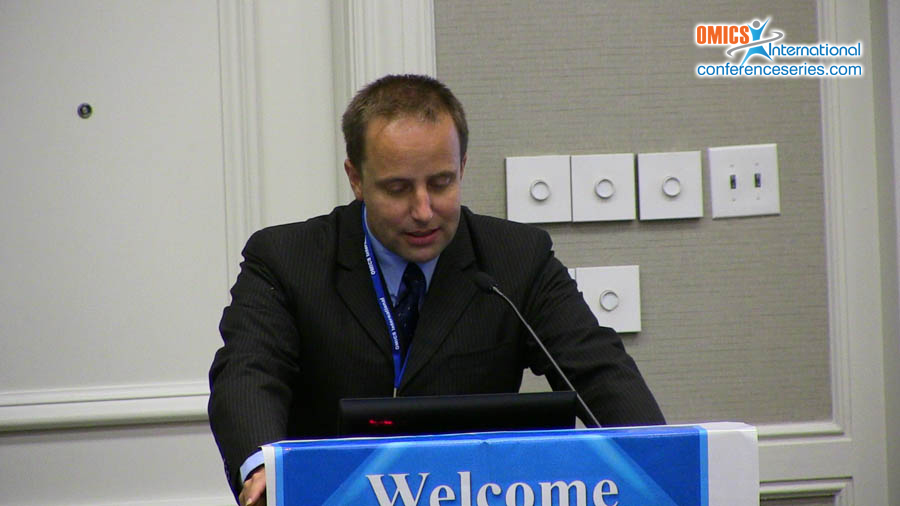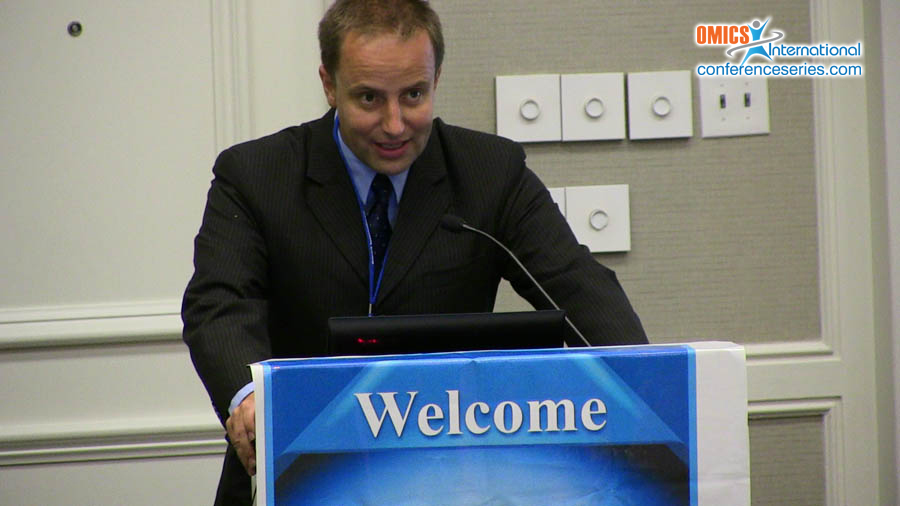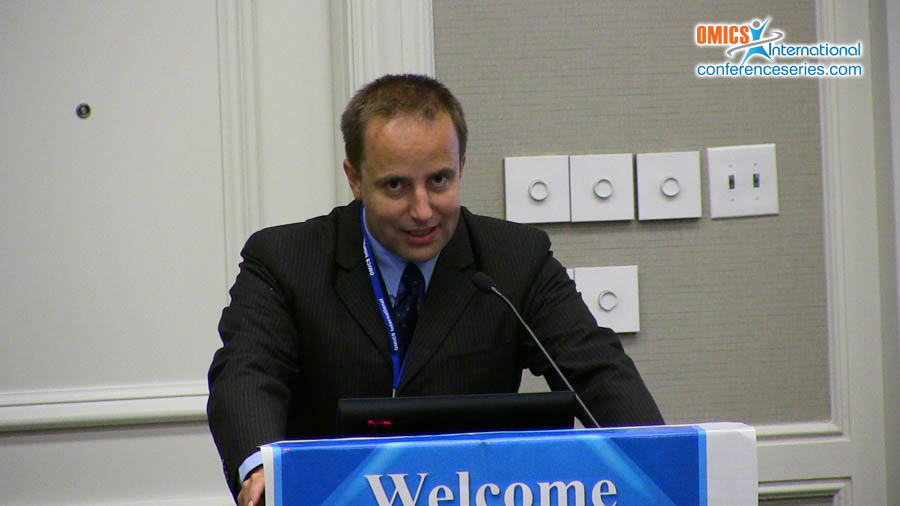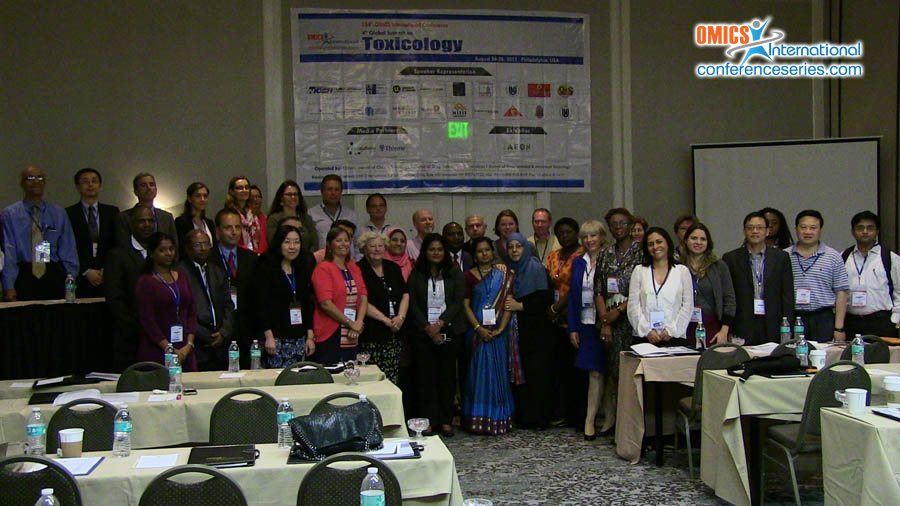F Balszuweit
Bundeswehr Institute of Pharmacology and Toxicology, Germany
Title: Co-culture of immortalized keratinocytes and immune cells to investigate sulfur mustard toxicity and potential treatments
Biography
Biography: F Balszuweit
Abstract
Sulfur Mustard (SM) is a chemical warfare agent, causing skin blistering, inflammation and impaired wound healing. Due to its complex effects, no causative antidote has been established despite decades of medical research. Advanced cell culture studies may provide new insights to significantly improve future therapeutic options. HaCaT cells, immortalized keratinocytes were co-cultivated with THP-1 (a monocyte-derived cell line) and exposed to SM. 2% THP-1, similar to ratio of resident immune cells in human skin in vivo, resulted in a strong increase of necrosis, apoptosis and inflammation after SM exposure. Further increase of THP-1 concentrations had little additional effects. It was, thus, demonstrated that immune cells, when exposed to SM have an aggravating effect on SM toxicity. Co-culture of HaCaT with 2% THP-1 takes the effect of immune cells into account, is a closer approximation of in vivo conditions and thus a more valid test system, compared to HaCaT monocultures. Anti-inflammatory compounds, including dexamethasone and two NSAIDs (ibuprofen and diclofenac) were tested, both in HaCaT monocultures and HaCaT-THP-1 co-culture after SM exposure. Dexamethasone had some protective effects in the monocultures, but these effects were less pronounced in co-cultures. In contrast, diclofenac, having shown only negligible effects in monocultures demonstrated highly protective effects in co-cultures. Ibuprofen however, had aggravating effects on SM toxicity in monocultures and these effects even worse in co-cultures. In summary, our results demonstrate that effects of immune cells have to be taken into consideration when studying SM toxicity in cell cultures. Use of HaCaT-THP-1 co-culture can provide new insight into efficacy and safety of potential antidotes.





